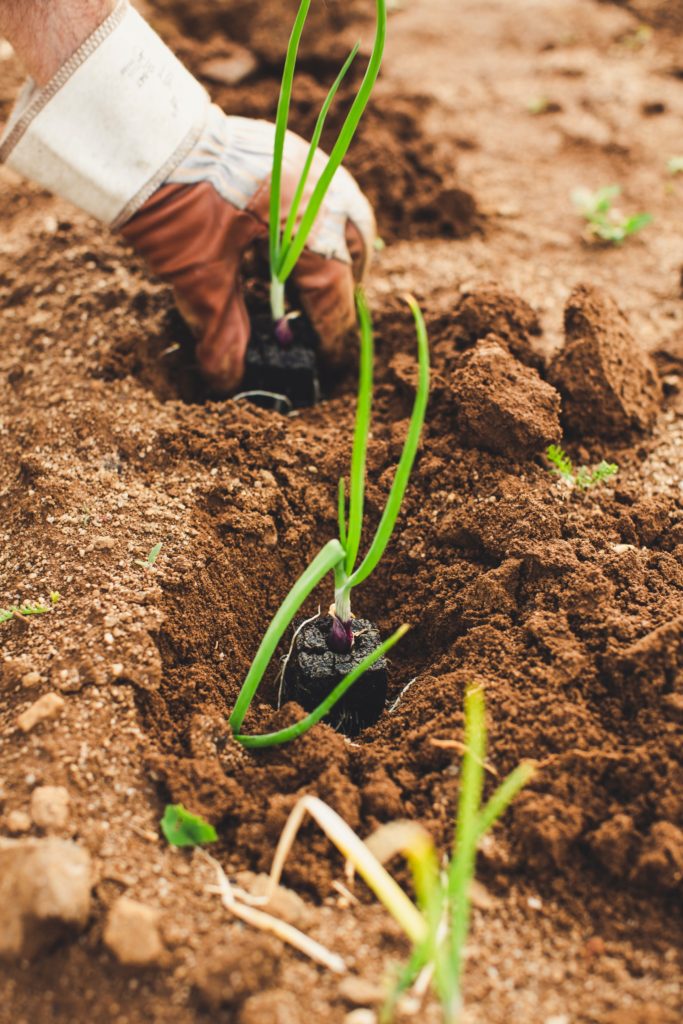In order to produce food in a sustainable way, from all economic, social and environmental points of view, and to do so with all the guarantees of quality and food safety, it is necessary to focus on a factor that is emerging as a key factor in the immediate future in the food sector: the soil.
A large part of the survival and sustainability of the agricultural sector depends on improving the life on the land where the crops are grown, which is a fundamental requirement for optimizing productivity ratios and increasingthe producer's profitability.
Soil care is fundamental in the fight against erosion, loss of soil fertility and desertification. In addition to providing physical support to crop roots and serving as a means of transporting and storing water and nutrients, it has the potential to favor the development of plants in a natural way.
The ecosystem in the soil is very complex. It is composed of a multitude of insects and microscopic organisms, such as bacteria and fungi, which participate in the degradation of organic matter and in the cycles of elements such as carbon, nitrogen, oxygen, sulfur, phosphorus and iron.

Most of these microorganisms, which provide soil fertility, live around plant roots and stimulate their growth, help them absorb nutrients and protect them from attack by pathogens.
For this reason, biotechnology has concentrated on improving techniques focused on improving soil yields with beneficial microorganisms that defend crops against pests and diseases, even capable of acting with little water as natural fertilizers or biofertilizers.
Agricultural soils may lose their productive potential due to salinization, erosion, loss of nutrients and loss of natural biodiversity as a consequence of the intensification of agricultural activities. In addition, the effects of climate change have made desertification of some areas an increasingly probable risk.
Soil is the second largest carbon reservoir in the world, second only to the potential of the oceans. Vegetation and soil organisms play a very important role in the carbon cycle, fixing atmospheric CO2 through photosynthesis into their structure and into the soil. If left undisturbed, this carbon can remain for hundreds of years. Therefore a healthy soil promotes biodiversity and the recovery of essential ecosystems.
Sustainable land use in rural and urban areas can contribute to reducing atmospheric CO2 and help stop the increase in global warming.
However, small changes in soil dynamics can affect the amount of carbon accumulated and other cycles that take place in the soil, affecting its biodiversity and functionality.
Modern agriculture tends to use excessive mineral fertilization and to make use of herbicides and soil disturbing tillage. This type of management tends to reduce the amount of organic matter in the soil, affecting its structure and quality. This management contributes to increase the release of carbon dioxide and nitrous oxides. Adequate management that takes this into account is fundamental for the development of sustainable agriculture that helps to conserve and improve the environment.
It is necessary to move towards conscious agriculture by promoting sustainable and profitable agricultural models in harmony with the environment. Focusing on the sustainable use of natural resources, ecosystem health, biodiversity and productivity in agricultural projects will have a positive impact on the green strategies that will be the future of the sector.
Our sales team will contact you to choose the best plan for your needs.